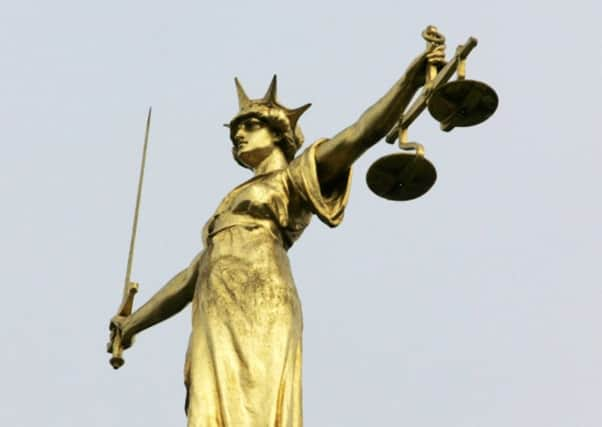Grieving families deserve better support from Legal Aid system


It can often require a very detailed consideration of factual evidence or documents and complex technical or medical evidence.
It will always be very emotive. This is even more so when someone has died while being detained by the state, for example in the care of a specialist hospital or home in accordance with the Mental Health Act or in a prison.
Advertisement
Hide AdAdvertisement
Hide AdFigures released by the Ministry of Justice recently revealed that it spent £4.2million in 2017 on legal representation for the prison and probation service at inquests.
Grieving families received £92,000 via the Legal Aid Agency exceptional funding scheme.
The disparity is likely to be even higher since the figure does not include private prisons, healthcare providers or the NHS as they have their own representation.
Can it be right that the state is represented by lawyers paid for by the taxpayer and yet the grieving family must generally go on their own or rely upon help from charities such as Inquest or AvMA?
Advertisement
Hide AdAdvertisement
Hide AdThe figures show just how unequal the assistance is in most cases.
This does not just apply to deaths in custody, it applies to most investigations involving the NHS or where one party is represented by an insurer. For example, the only parties whose legal representation will not be paid for at the forthcoming investigation into the Shoreham Airshow crash will be the families of the 11 victims. How can that be right?
The government’s answer to the disparity is that the Coroner’s role is not adversarial but inquisitorial and therefore the families do not need representation.
If that is the case, why does the NHS, the prison service and any other department whose conduct is called into question, need their expensive lawyers?
Advertisement
Hide AdAdvertisement
Hide AdSo often the family member who has been asked to represent the family falls silent when asked if they have any questions for the witness or struggles to ensure that all the relevant documents, questions and issues are raised.
Is there a solution to the apparent disparity? Perhaps the Coroner ought to be given powers to require these state bodies to fund representation for families if they choose to be represented themselves. That might make them think twice in routine cases.
Should a publicly funded representative be available for families when the Coroner decides the investigation warrants this?
Any solution requires more funding and that is unlikely.
In the meantime, most families continue to have to face the intense stress of such hearings alone.